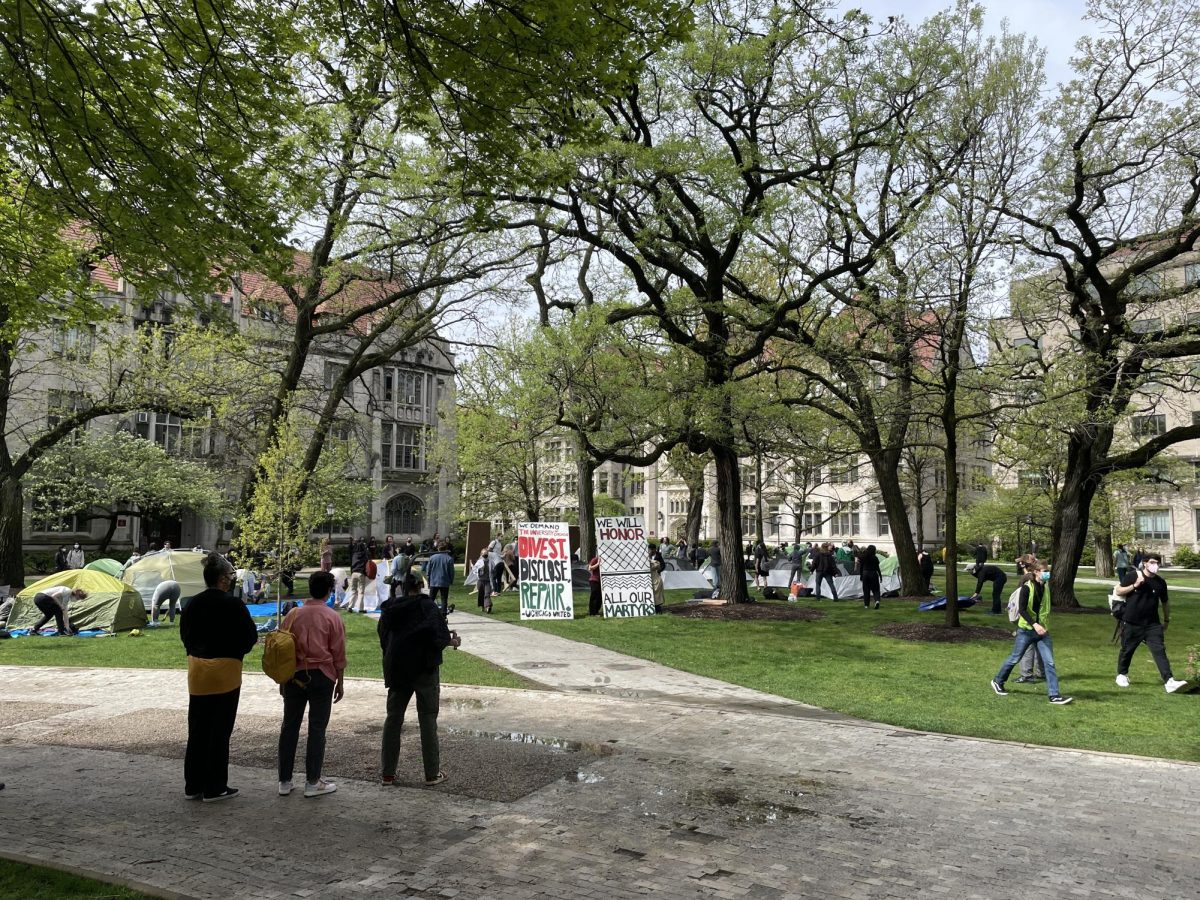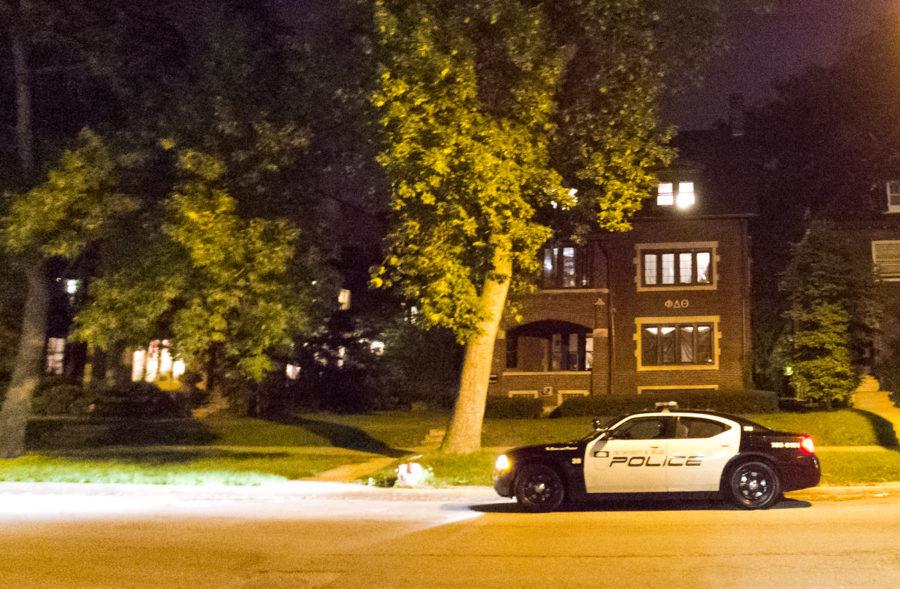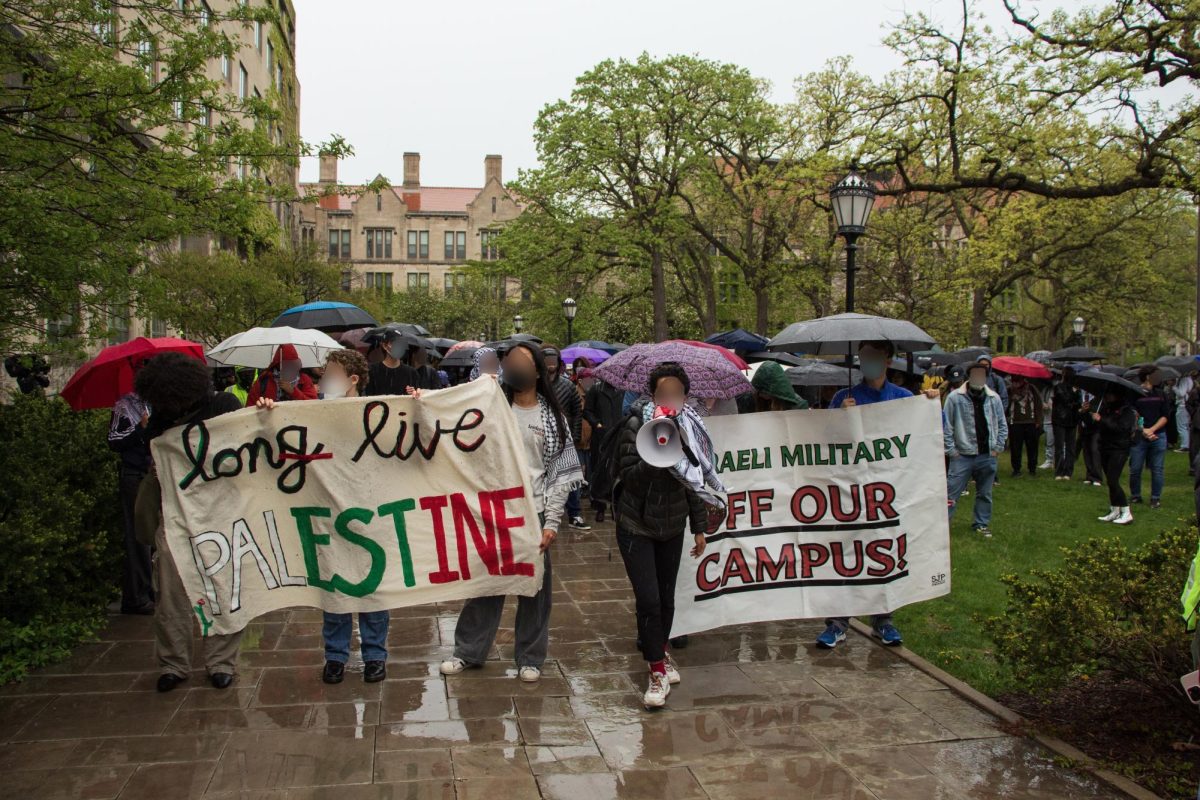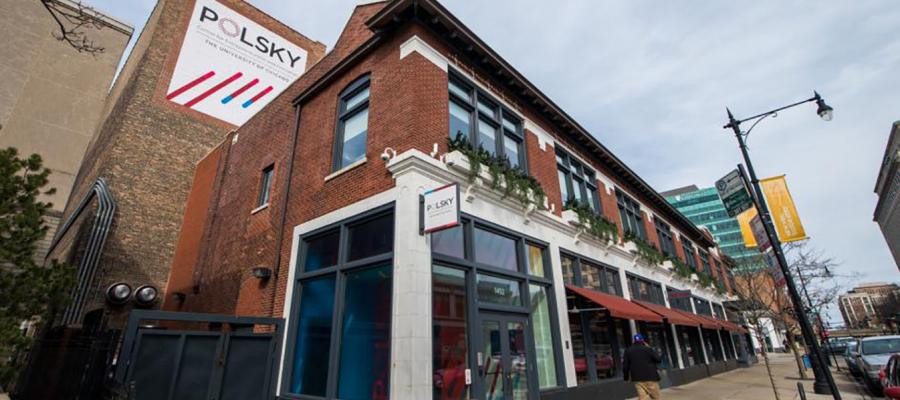The full text of an e-mail from Executive Vice Provost David Nirenberg to graduate students ahead of the unionization vote:
From: David Nirenberg, Executive Vice Provost
Subject: Upcoming unionization election
Date: October 15, 2017
On October 17 and 18, eligible graduate student voters will participate in an election for a potential graduate student union. We may disagree about the potential positives and negatives of a graduate student union. But we should all recognize that the proposed bargaining unit would constitute an unprecedented and consequential introduction of a third party into our community of research and teaching, one that would, if passed, impact our University for years to come.
Consider this simple fact: no graduate student union at a peer research university includes graduate researchers in the sciences. The bargaining units at state universities such as University of Michigan and University of California, Berkeley that union advocates frequently point to as exemplars of success do not include graduate researchers. At New York University (NYU), the only private university that has had experience with a graduate student union, the bargaining unit specifically excludes “research assistants at Polytechnic Institute, research assistants in the Biology, Chemistry, Neural Science, Physics, Mathematics, Computer Science and Psychology departments,” as well as graduate assistants at the School of Medicine.
Yet the proposed UChicago bargaining unit that the AFT-AAUP seeks to represent would specifically include graduate student researchers in the sciences. Work hours likely will be an important focus of collective bargaining for this union, as they are for unions in general. So one important question at stake in this vote is: should a third party, especially one whose values are not primarily concerned with research, play such an important role in determining something as vital as when and for how long you and your colleagues can pursue your scholarship?
Similar questions arise in other areas. For example, would collective bargaining limit a division or school’s ability to offer different forms of support to programs with different needs, such as additional years of funding to disciplines where times to completion are longer? These are not imaginary worries. They are the reasonable product of careful consideration of labor law, and of the unprecedented nature of the proposed graduate student union.
As I hope these examples make clear, our concerns are about core academic and educational values, not about unionization as such. The University has long maintained strong and cooperative relationships with unions that represent many employees. Our concern here is simply about the potential effects of unionization on our ability to provide our students with the individualized support they need to flourish in their research and teaching.
By voting in support of the upcoming effort to form a graduate student union, students would be opting to become part of the American Federation of Teachers (AFT), a national union that represents more than 1.5 million members. The AFT’s interests are distinct from those of UChicago students, extending across multiple regions and industries. If a graduate student union were approved, students would be exclusively represented in labor negotiations by the AFT, and made to support its interests, even if they opposed the union or did not vote in the election.
As you know, a union is not a voluntary club a student can choose to join, not join, or leave easily if they want to. Once a union is approved, graduate students will be compelled to be represented by the union in negotiations with the faculty and the university on issues like the ones I’ve outlined above, and to pay dues or agency fees.
It is for these reasons that I am writing to urge you, if you haven’t already, to take the time to learn the details of this election and why it matters to you and those who will follow you at the University of Chicago. The website knowthefacts.uchicago.edu has perspectives from the University and links to information from Graduate Students United (GSU) and relevant articles and sites.
And, of course, if you are an eligible voter, please vote. A decision of this importance to your future and that of our community of scholars should not be determined by a small minority of voters, as is too often the case in our politics. Your voice truly matters.
Best regards,
David Nirenberg
Executive Vice Provost
Deborah R. and Edgar D. Jannotta Distinguished Service Professor
Committee on Social Thought, Department of History,
Department of Romance Languages and Literatures and the College








